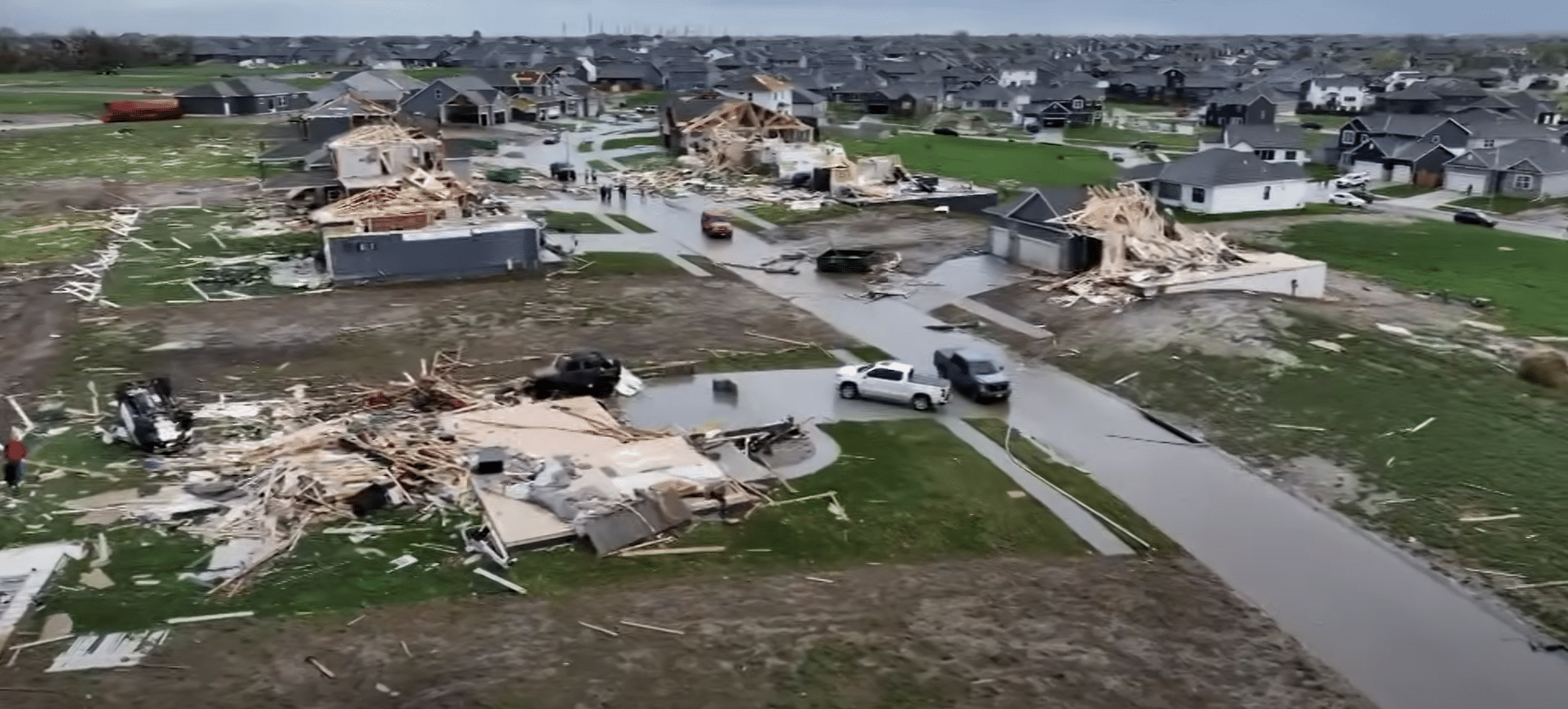It was a drill on a level that the IDF had never carried out before. According to the Jerusalem Post, Thousands of troops, and hundreds of aircraft and navy vessels all trained together in going to war against Israel’s enemies, on all fronts and in all dimensions, including a strike in Iran.
Chariots of Fire brought the Israeli military to a new standard, as troops practiced responding to emergency events in multiple theaters simultaneously while under heavy rocket fire from all borders – especially from the North.
The Israeli army expects the home front to be bombarded with 1,500 rockets a day until the last day of the war. The attacks would wreck the country, with dozens of buildings and sites destroyed and hundreds killed and wounded.
IDF assessments state that while it is unlikely that Hezbollah will attack Israel in the near future, the northern border remains the most explosive, and both sides have warned that the next conflict between the two would be devastating.
The Mediterranean island was chosen both for its Lebanon-like terrain — mountainous along a coastal plain — and its proximity to Israel. The drill simulated various difficulties in a ground assault, such as food, water, and ammunition supply; communication issues; and the general complications in operating in unfamiliar territory. “The first challenge we prepared for was accumulating troops,” said Brig. Gen. Ofer Winter, commander of the 98th Paratroopers Division, which led the exercise.
Winter said thousands of troops were brought in to play the Lebanese side, using boats, planes, and helicopters. “We arrived in the field with great intensity. We spread out the troops, and they began operating against key areas and significant targets we identified as being important to defeat,” he said, referring to mock enemy military sites and rocket launching grounds.
According to Winter, troops conducted raids with a significant distance between each “challenging their ability to work while disconnected.” Troops operated under the assumption they would not have communication with headquarters, and instead would have to rely on contacting each other using satellite-based communication means.


















